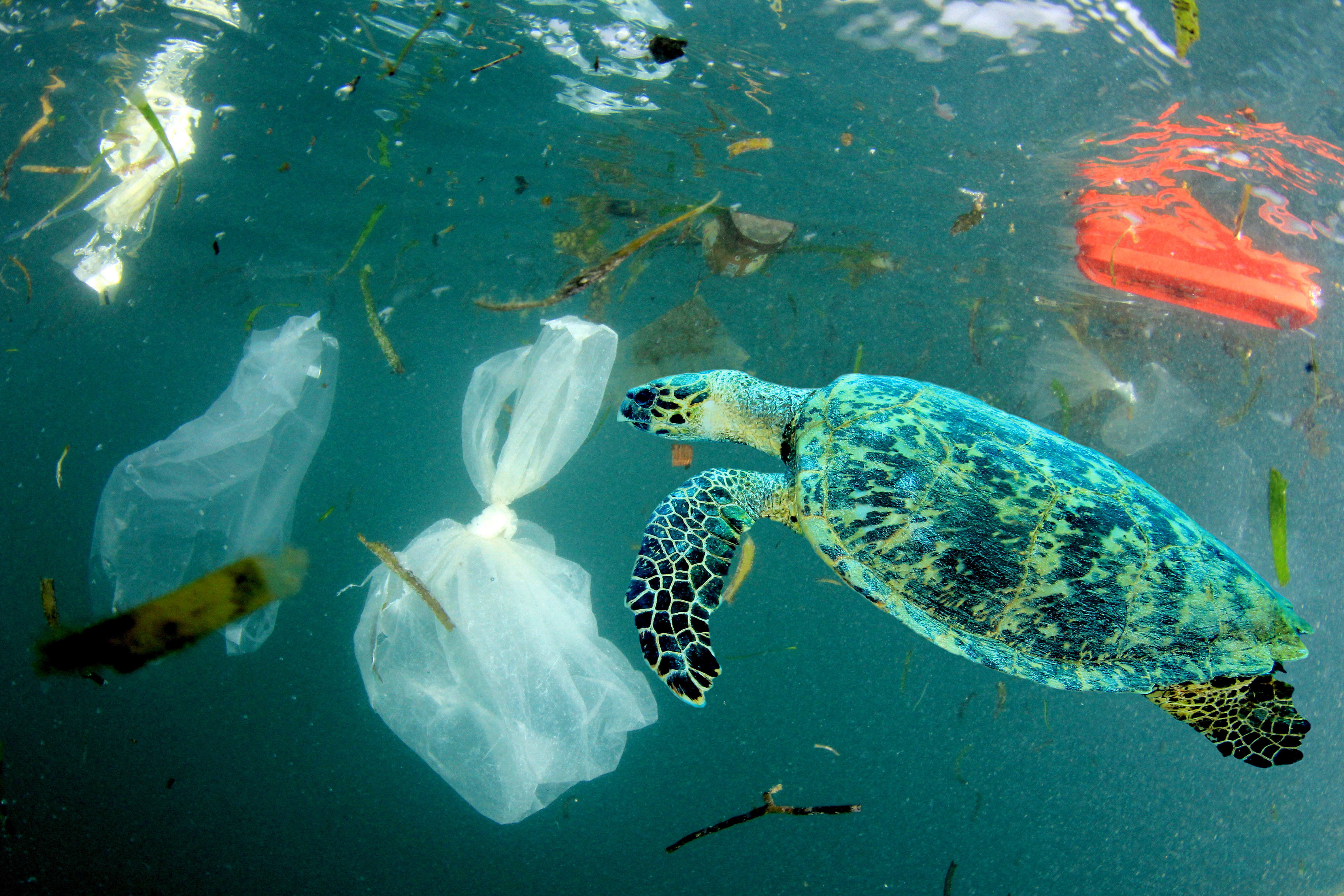BCS will be monitoring the latest news from COP26 as it relates to tech over the next couple of weeks. Plus, a few of the BCS team are lucky enough to be going to Glasgow itself for part of the conference. Here BCS Senior Press Officer Claire Penketh explains why she will be there - and the role of technology in helping to save the planet.
Science and technology already play a vital role in working towards Net Zero by contributing to solutions to address climate change on every level, from renewable energy, carbon capture to improving the efficiency of producing and distributing goods. Digital transformation means technology is ubiquitous and essential across most sectors in the industry and most aspects of our lives. Where, for instance, would any of us be without a computer and a mobile phone?
As the world gathers in Glasgow for COP26 to find answers to the climate emergency, tech's role is about providing information about the true extent of this existential crisis and some of the solutions. I'm going because I hope to find the tech stories within the grand statements that will come out of this world event.
Tech in action
Green IT is a central part of BCS policy - it's one of our key four policy pillars. The Chair of the BCS Green Group, Alex Bardell, cites an example of tech in action for the greater good. Satellites fly over the Amazon forests taking continuous pictures and using data analytics to predict, almost instantaneously, how the forest is changing. Alex says: "Without computing technology, this would be almost impossible to do - imagine if you had someone with a load of maps and a pen and paper trying to this - it would be impossible to know what is happening with the same speed and accuracy."
He adds that without tech, certain technologies would struggle: "For instance, tech is in virtually every aspect of the delivery of renewable energies. The windfarms produce power, but it's Big Data and Artificial Intelligence that then try to predict what power will be delivered into the grid within the next 24 hours."
E-waste
But there is the flip side where tech itself also be part of the problem. A recent survey of BCS members, for instance, found that cutting e-waste, harnessing IT for carbon reporting, and creating genuinely green data centres should be priorities for our industry's Net-Zero contribution.
For you
Be part of something bigger, join BCS, The Chartered Institute for IT.
Ending device waste came top of the poll when we asked our members' opinions on which tech-related actions the government and the sector should put first.
John Booth, Vice-Chair of the BCS specialist Green IT group, said: "The problems with e-waste are just one of the many problems that need to be addressed in the ICT sector, as well as Data Centre energy efficiency and sustainability, and their response to the climate emergency has been limited so far, although I am hopeful that progress will be made sooner rather than later."
The consumption rate of electronics is increasing by 3% annually, particularly in areas like the smartphone industry.
We have the answers within our sector as to how to address this - and we need, like so many sectors, to literally clean up our act.
Professionalism
To reach the best solutions, we need competent and ethical people to deliver - and at BCS, we strongly advocate for all those in our sector to work towards the highest standards of professionalism.
We also want to see more progress in bridging the skills gap, including encouraging a diverse and inclusive workforce.
But it's not only about fresh innovation and developing the next best thing, though that is important. We need to make use of our existing knowledge too.
According to the Royal Society report Climate change: science and solutions: "We can reach much of the 50% – or greater - cut that is needed in carbon emissions required by 2030 with existing technologies. But to go beyond and reach net zero by 2050 requires research, development and deployment of novel technologies."
Saving the planet
BCS will be analysing what comes out of COP26 for our sector with the help of our experts from the Green IT specialist group.
BCS will also be attending the OpenUK, Open Technology and Sustainability Day, at COP26, on 11 November 2021. Our Director of Education, Julia Adamson, will be speaking at the event. The aim, say OpenUK, is to demonstrate to governments and the public and private sectors that Open Technology is a crucial enabler of sustainability - ecologically, socially and economically. Critical to this, is UK skills development in technology and, say the organisers, Open Technology.
We, as IT professionals, can continue to do our bit by using the skills we have, collaborating and innovating to make the world a better place. Let's hope the world governments will reach agreement at COP26 to take action to avert the ultimate climate emergency.

















